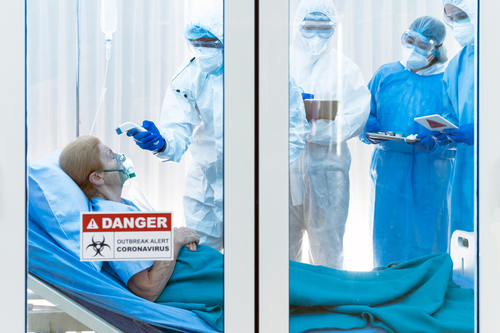
The Denver Health and Hospital Authority signed a $3 million cooperative agreement with the U.S. Department of Health and Human Services’ Office of the Assistant Secretary for Preparedness and Response (ASPR) to demonstrate the effectiveness of a Regional Disaster Health Response System (RDHRS).
Specifically, the partnership will show how RDHRS can improve medical surge and clinical specialty capabilities – including trauma, burn, or other specialty care – during a national emergency and save more lives. Denver Health and Hospital Authority was selected by a panel of experts drawn from professional associations, academia, and federal agencies after a nationwide search and evaluation.
“The COVID-19 pandemic has demonstrated the real and serious threats our nation faces to healthcare delivery and the immediate, even overwhelming, need for specialty care that occurs during a public health emergency,” HHS Assistant Secretary for Preparedness and Response Dr. Robert Kadlec said. “The Regional Disaster Health Response System establishes a model that draws on the existing U.S. healthcare infrastructure, pulling together private sector and federal resources in a way that has never been done to build specialized capabilities that could save lives during a public health disaster.”
This is the third award from ASPR’s Hospital Preparedness Program on the effectiveness and viability of an RDHRS. ASPR will continue funding the first two RDHRS pilot demonstration sites, including $1.5 million to Nebraska Medicine in Omaha and $1.6 million to Massachusetts General Hospital in Boston. Funding to Massachusetts General Hospital includes $100,000 for COVID-19 convalescent plasma efforts.
All three of these pilot demonstration awards focus on building the multi-state partnerships required to support specialty clinical care for patients impacted by 21st-century health security threats. They also seek to enhance health care situational awareness and ensure medical surge capacity at the local, state, and regional levels.
All three recipients will look to build a partnership for disaster health response to support clinical specialty care; align plans, policies, and procedures for clinical excellence in disasters; increase state-wide and regional medical surge capacity; improve state-wide and regional situational awareness, such as the availability of hospital beds; and develop metrics and test the regional system’s capabilities.




